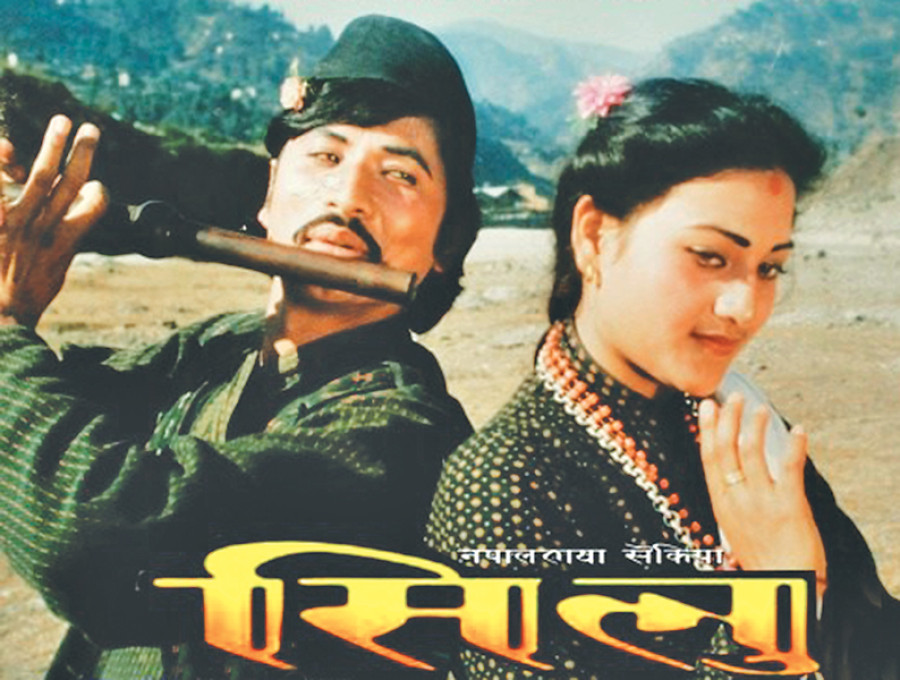Entertainment
‘Indigenous films continue to struggle for screentime’
The release of the film Silu in 1987 was supposed to be a gamechanger. The Nepal Bhasa feature film, which traces the story of a couple from Kathmandu after the wife is kidnapped on a pilgrimage in the Himalayas,
The release of the film Silu in 1987 was supposed to be a gamechanger. The Nepal Bhasa feature film, which traces the story of a couple from Kathmandu after the wife is kidnapped on a pilgrimage in the Himalayas, did not stand out because of its content but because it became one of the first indigenous feature films to be screened at various cinemas halls in the Capital. Silu, some audiences had hoped, would be a turning point for the Nepali movie industry, which by and large produced movies only in Nepali language, failing to reflect the diverse cultures and languages that co-exist in Nepal.
But thirty years on, the space for indigenous movies has barely expanded. According to Purkhjajit Rai, the secretary of the Association of Indigenous Films, although indigenous films continue to be produced, their development has been at a virtual standstill. “Even after indigenous films are produced, they don’t find theatres willing to screen the film,” said Rai. “The indigenous films today are limited to charity shows and screenings among limited audiences. For a nationwide release, the producers have to fork out a lot of money. We hope this will change in due time and this festival will pave way for a wider acceptance of regional and indigenous films.”
“Unless these movies are given the space to screen commercially, they will continue to remain on the margins,” he said.
Rai was speaking at the closing ceremony of the recently-concluded Indigenous Film Festival held at the Nepal Tourism Board in the Capital. The three-day fest saw the screening of 18 films made in ethnic languages from communities such as Gurung, Magar, Majhi, Tamang, Mrigalla, Newar, Limbu, Rai, Tharu and Rajbanshi. This was the ninth iteration of festival and saw the screening of films such as Banthi, Feke, Guth, Lomba, Dakhal, Puwalo, among others.
At the fest, Karma Kyan (Karma ko Baato) was awarded the Best Picture award. The film also won the Public Choice award, bagging a cash purse of Rs 25,000.
Karma Kyan tells the story of two lovebirds, Chhara and Kaalse. When Kaalse has to migrate abroad for employment, Chhara gets married to another man. Kaalse, unaware of Chhara’s wedlock, harbours dreams aplenty, and imagines his future life with Chhara. The film then explores Kaalse’s struggle to come in terms with the reality.




 9.83°C Kathmandu
9.83°C Kathmandu









